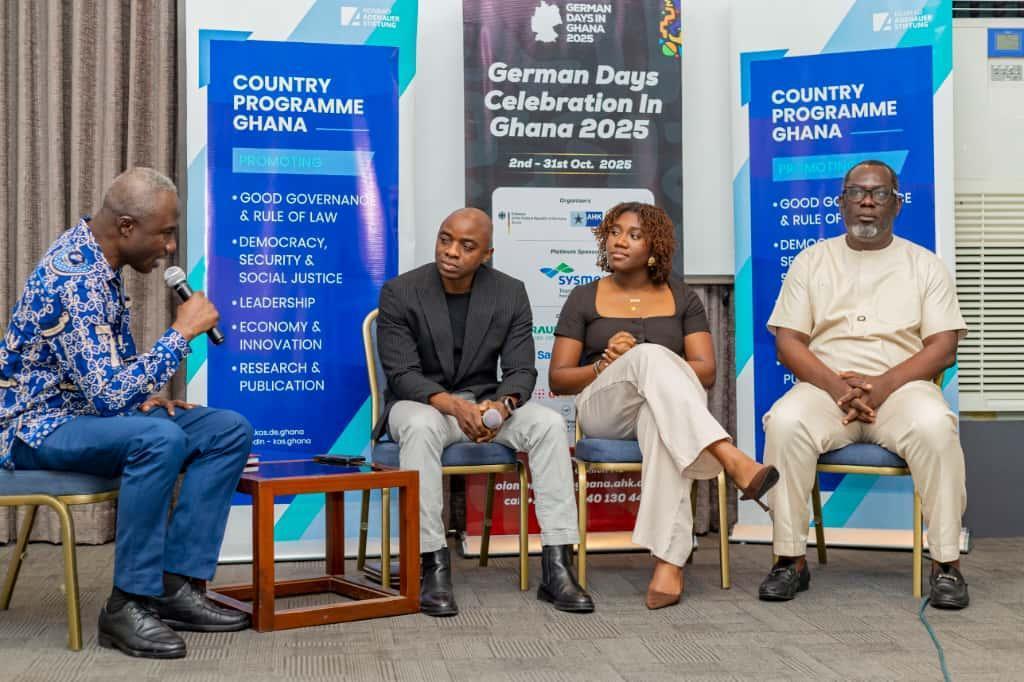Africa-Press – Ghana. The Konrad Adenauer Stiftung (KAS) Ghana has called on African governments to adopt strategic and coordinated policies to support the reintegration of returning migrants and leverage their skills for national development.
Without enabling conditions, countries risk losing the developmental potential of skilled citizens.
Speaking at a breakfast meeting in Accra on the theme: “Coming Home: Brain Gain or Frustration,” Dr Joseph Darmoe, KAS Programmes Director, said limited employment opportunities, poor working conditions, low salaries, and weak institutional support continued to discourage skilled Africans from returning home after studying or working abroad.
He noted that many returnees facd challenges such as a mismatch between their expertise and available jobs, poor infrastructure, high cost of living, unreliable electricity supply, and inadequate social services.
Those conditions, he said, often led to frustration and underutilisation of valuable human capital that could contribute significantly to Africa’s growth.
“To transform brain drains into an opportunity for growth, Ghana and Africa should implement strategic policies that harness brain circulation for innovation, economic progress, and sustainable development,” Dr Darmoe said.
He explained that return migration was a complex process influenced by individual, family, and macroeconomic factors, as well as the policy environment in both host and home countries.
Dr Darmoe emphasised that when managed effectively, return migration could enhance knowledge transfer, boost entrepreneurship, and strengthen public institutions.
However, without enabling conditions, countries risk losing the developmental potential of skilled citizens who chose to remain abroad, he added.
Mrs Anna Wasserfall, KAS Ghana Country Representative, underscored the importance of dialogue and collaboration in addressing migration and development challenges.
She said the forum was designed to bring together young professionals, policymakers, academics, and civil society actors to discuss key issues shaping Ghana’s present and future.
“Through this format, we want to provide a platform for dialogue, encourage diverse perspectives, and strengthen networks across society,” she said.
“When people return after years of study or work abroad, they come back with valuable skills, experiences, and global perspectives that can make a real difference in their communities and national development,” she added.
Mrs Wasserfall acknowledged that while returnees brought immense potential, their reintegration often comes with challenges such as bureaucracy, cultural readaptation, and changing social expectations.
She said addressing those barriers required deliberate policy measures and institutional reforms to create a conducive environment for returnees to thrive.
The meeting formed part of KAS Ghana’s ongoing efforts to promote informed policy discussions and support evidence-based solutions to development challenges, including migration, governance, and economic transformation.
For More News And Analysis About Ghana Follow Africa-Press







